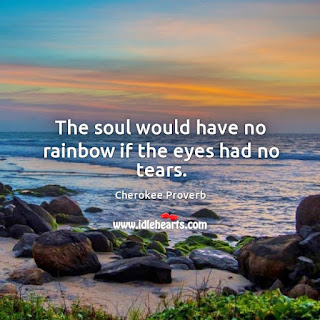Healing the Soul Wound
In
his book The Power of Kindness, Piero Ferrucci speaks of “the soul
wound.” Coined by Thomas Yeomans, the soul wound is “what we feel when as
children we are not seen for who we are—a soul full of marvelous potential for
love, intelligence and creativity—but instead perceived as a difficult,
headstrong child, or a lovely showpiece, or as a great nuisance—or not seen at
all.”
Those
of us who grew-up in addictive households known the pain of the soul wound and
it is something that we have carried with us into adulthood and into the rooms
of recovery. This is the primary wound that our inner-critics zero in on. It’s
the wound that bleeds with the belief that we are a nuisance, or worthlessly
stupid, or hopelessly unlovable. And it fuels the merciless voices of our
inner-critics.
I’m
often amazed at how active my inner-critic is every day. When it isn’t
hammering me, it is hammering someone else in the same manner in which it
hammers me—shamelessly. More and more I am aware of this very ugly voice in my
head and I realize that it does feed on my soul wound. It rips me apart over
every perceived flaw that I have. But I am also using awareness to silence the
inner-critic.
Now
when that old motor-mouth starts tearing into me, or into someone else, I tell
it to leave the room. In other words, to get out of my head-space. When it
doesn’t want to leave, I envision myself stuffing a sock in its mouth.
I
don’t want my inner-critic feeding off of my soul wound any longer. I want the
wound to heal. And the only way it can heal is to 1) turn off the negativity;
2) and to start treating myself with proper respect. When our parents didn’t
see us for who we really are—love, intelligence and creativity—they chose not
to treat us with proper respect. So we developed a wound. If we want to heal
that wound, we will need to daily practice being kind to ourselves in addition
to seeing ourselves as we truly are—love, intelligence and creativity—and treating
ourselves with proper respect.
We
are created in the image and likeness of Love (of God, of our Higher Power),
and that very fact demands that we be treated with proper human respect and
dignity.



Comments
Post a Comment